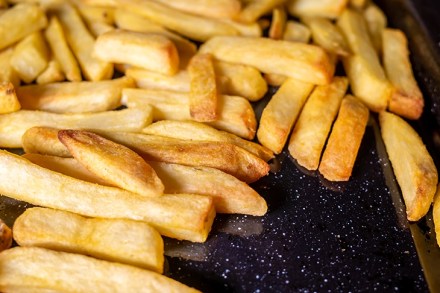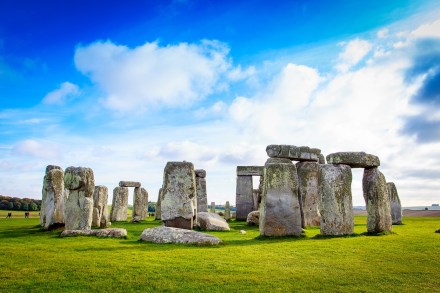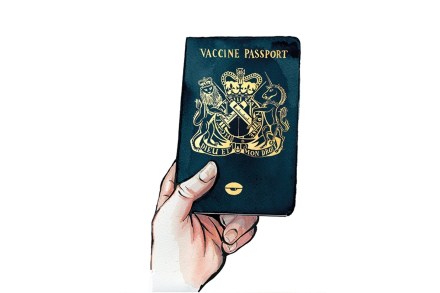What do oven chips have to do with virtue signalling?
Why does virtue-signalling matter? It’s a fair question. After all, if people display virtuous behaviour, need we care about their motivation? I understand why some are irritated by the term; deployed unsparingly, it can be used to denigrate any act of decency. Yet, if the phrase is relatively new, the concept isn’t. Several of the best-known passages of the New Testament (The Widow’s Mite; the Sermon on the Mount) deal with the contrast between sincere acts of virtue and those driven by self-advertisement. No chant from a football crowd has ever converted anyone in the opposition stands Why is this distinction important? For one thing, cheap displays of virtue may





















